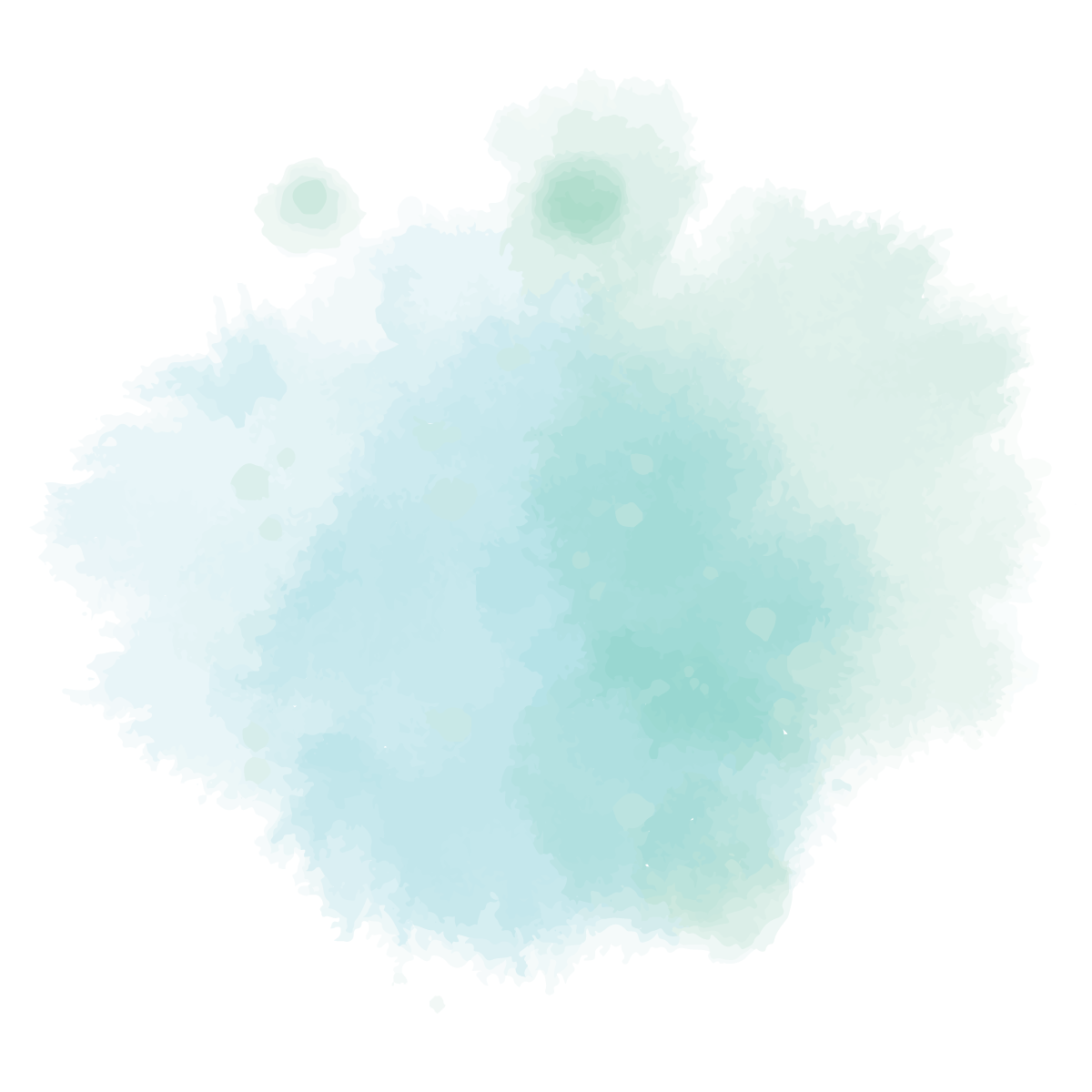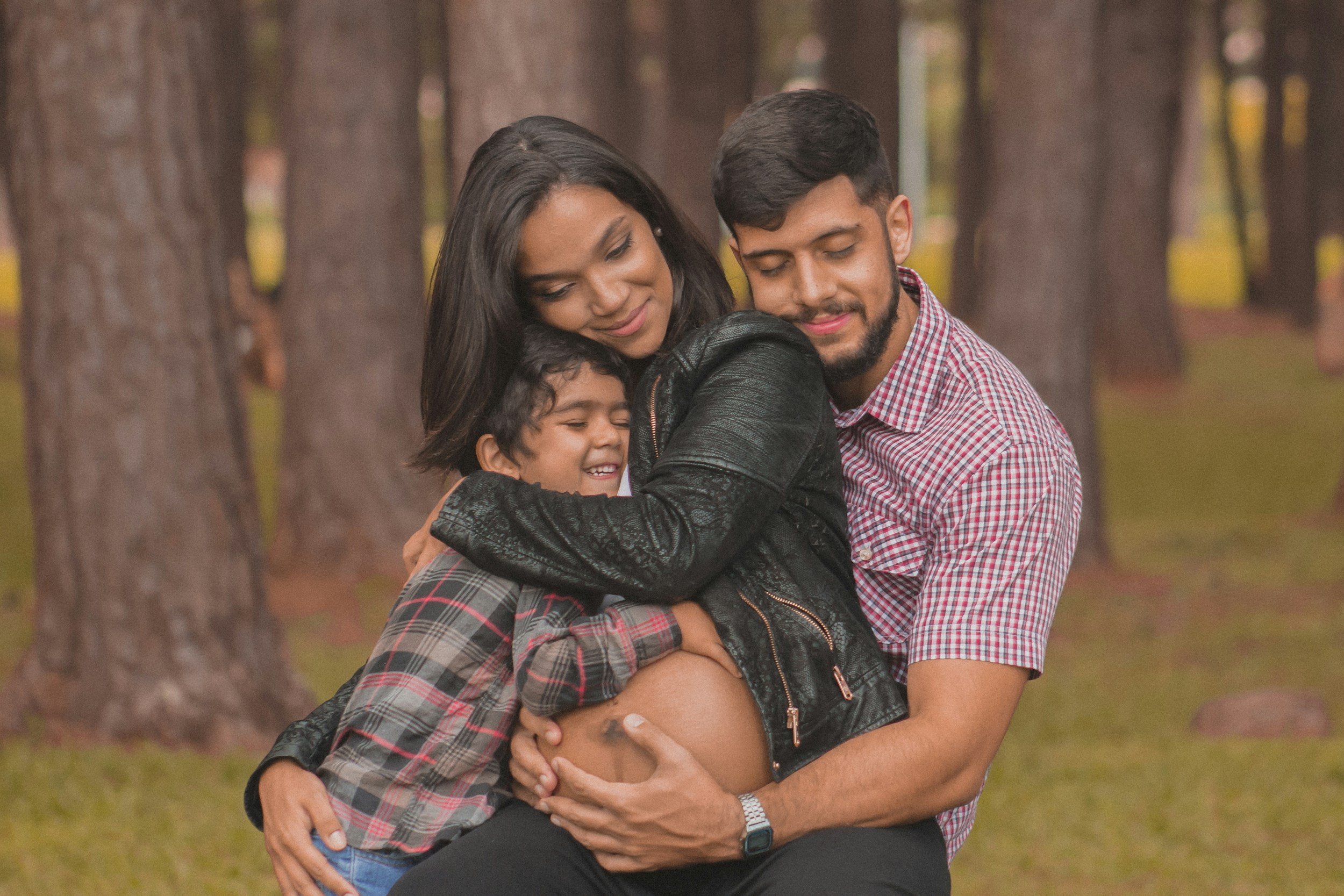
Online Therapy For Anxiety: Get The Support You Need
Get online therapy for anxiety today. Our clinicians are licensed in New York, New Jersey, Maryland, Virginia, Florida, Pennsylvania, Connecticut, and Massachusetts. We are currently accepting new clients into our virtual practice. Learn more about our anxiety therapy services below.
*Please complete required fields
Insurance Accepted

What Is Anxiety & How Online Counseling Can Help
Anxiety is a natural response to stress, often arising when we feel threatened or face uncertainties. While occasional anxiety is a normal part of life, chronic anxiety involves persistent worry or fear, often disproportionate to actual events or situations. Common types include generalized anxiety disorder (GAD), social anxiety, and panic disorder, each with distinct characteristics but similar core symptoms.

What Are Symptoms Of Anxiety?
Excessive worry or fear that’s difficult to control
Restlessness, irritability, or feeling “on edge”
Difficulty concentrating or feeling mentally fatigued
Physical symptoms like muscle tension, headaches, and digestive issues
Trouble sleeping, including insomnia or waking frequently
Avoidance of situations or places due to fear or discomfort
Anxiety can impact every part of life, making it challenging for individuals to feel at ease and in control.
How Anxiety Shows Up In Your Life
Anxiety can manifest in diverse ways, affecting personal relationships, career, health, and daily routines. People with anxiety may:
Withdraw socially to avoid situations that trigger their discomfort, leading to feelings of isolation.
Struggle with decision-making due to persistent doubts and fear of negative outcomes.
Experience performance issues at work or school, as anxiety can interfere with focus and productivity.
Have strained relationships, as constant worry or irritability which can create misunderstandings with family, friends, or partners.
Avoid new opportunities or challenges, limiting personal growth and experiences.
Anxiety often infiltrates these areas of life subtly, making it hard to pinpoint as the cause of struggles in relationships, work, or self-esteem.

Why Anxiety Can Be So Challenging To Deal With
Anxiety can be overwhelming because it’s not always rooted in a specific, solvable problem. Often, it’s driven by ingrained thought patterns and automatic responses that are difficult to change. Some reasons anxiety can feel particularly challenging include:
Anxiety feeds on avoidance, making it tempting to steer clear of situations that might trigger it, which only strengthens the anxiety over time.
It impacts both mind and body, with symptoms that range from racing thoughts to physical discomfort, making it a full-body experience.
It often feels uncontrollable, leading individuals to feel powerless in managing it.
Fear of judgment or stigma may prevent people from seeking help or talking about their anxiety, which further isolates them.
Understanding the challenges is the first step in recognizing that, while anxiety is powerful, it is also manageable with the right tools and support.
How Therapy Can Help You Manage Your Anxious Feelings
Therapy is a highly effective way to address anxiety by equipping individuals with strategies to manage and reduce symptoms. Here’s how therapy can help:
Identify and Challenge Anxious Thoughts
Therapists use approaches like Cognitive Behavioral Therapy (CBT) to help clients recognize patterns of negative thinking. By challenging these thoughts, clients can reduce irrational fears and gain a more balanced perspective.
Develop Coping Skills for Everyday Situations
Therapy offers practical techniques to cope with anxiety, such as breathing exercises, relaxation techniques, and grounding methods. These tools help clients feel more in control, especially in high-stress moments.
Practice Mindfulness to Stay Present
Mindfulness-based therapy encourages individuals to stay focused on the present, reducing the tendency to ruminate over past worries or future fears. This technique helps people feel more grounded and less overwhelmed.
Build Emotional Regulation Skills
Therapy modalities like Dialectical Behavior Therapy (DBT) teach individuals how to manage intense emotions. Emotional regulation skills make it easier to stay calm in challenging situations.
Create a Supportive Relationship with the Therapist
Having a supportive, non-judgmental space to talk about fears and worries can reduce the burden of anxiety. Therapists guide individuals through their challenges and offer encouragement, helping them feel less alone.
Why Choose The Virtual Counselors?
We understand that seeking help for unresolved emotional issues can be a difficult and vulnerable process. Our team of compassionate and highly skilled therapists is committed to creating a safe and supportive environment for your healing journey. Here are some reasons to choose The Virtual Counselors for onlin. Enjoy the convenience of attending therapy from the comfort of your own space at almost any time of day.
Specialized Anxiety Counseling Training and Expertise
Our therapists have specialized training in anxiety counseling, ensuring they are well-equipped to provide effective treatment tailored to your unique experiences and needs.
Book a Convenient and Accessible Session Online
You can access high-quality care from the comfort and safety of your own home. This flexibility allows you to integrate therapy into your schedule with ease, ensuring you receive the support you need when you need it most.
Collaborative and Client-Centered Approach
We prioritize open communication, trust, and collaboration in our therapeutic relationships. Our therapists work closely with you to develop a personalized treatment plan that aligns with your goals, values, and preferences.
Safe and Non-Judgmental Environment
Our counselors create a warm and empathetic space where you can freely express your thoughts, emotions, and experiences without fear of judgment. We recognize the courage it takes to seek help, and we're dedicated to providing a compassionate and understanding environment for your healing process.
Holistic Treatment Approach
We believe in addressing the mind-body connection and incorporating various therapeutic modalities to promote overall well-being. Our therapists may integrate techniques such as cognitive-behavioral therapy (CBT), dialectical behavior therapy (DBT), mindfulness-based therapy, or psychodynamic therapy to ensure comprehensive care.
Commitment to Your Healing Journey
At The Virtual Counselors, we're devoted to empowering individuals and couples to overcome the challenges of relationship stress. We're here to support you every step of the way, providing guidance and encouragement as you navigate the path toward healing and connection.
Choose The Virtual Counselors for online relationship stress therapy and experience the transformative power of compassionate care tailored to your unique needs and experiences.
How Our Online Therapy Sessions Work
We strive to make the online therapy process seamless and straightforward. Here's a step-by-step guide on how our online therapy sessions work and what you can expect:
Step 1: Reach Out to The Virtual Counselors
When you contact us, our team will ask a series of questions to understand your needs better, such as the reasons for seeking therapy, insurance usage, location, and preferred therapy type.
Based on this information, we'll find therapists who match your criteria and confirm their availability. We'll then offer you a few options for your intake appointment and gather essential details, like your name, email, and insurance information.
Step 2: Completing Electronic Paperwork and Confirming the Intake Appointment
You'll receive two emails after scheduling your appointment:
An invitation to our secure client portal, where you'll complete the required electronic paperwork. Please complete these forms within 48 hours to avoid rescheduling your appointment.
A welcome email from your assigned clinician containing appointment details, your assigned clinician's contact information, and directives to get on your virtual appointment.
Our team will verify your insurance coverage and inform you of any expected costs. We'll also send a reminder before your scheduled appointment.
Step 3: Consultation and Therapist Assignment
During your consultation, you'll discuss your needs and preferences with one of our professionals. You'll have the opportunity to ensure a good fit after the first few sessions. If you are not comfortable with your assigned therapist, please let us know. We will assign you a therapist who best aligns with your requirements.
Step 4: Recurring Sessions and Follow-Up
Once you've established a connection with your therapist, they will set up recurring sessions. Our team will periodically check in with you to ensure your satisfaction with the sessions, address any concerns, and provide follow-up support.
Step 5: Begin Your Journey Towards Better Mental Health
As you attend online anxiety therapy sessions, you'll start to develop coping skills to help process your distressing experiences and make progress toward your mental health goals. We're here to support you every step of the way.

What To Expect During A Therapy Session?
Our therapists at The Virtual Counselors will guide you through the process with compassion and support. Here's a glimpse into a typical session:
Introduction and Background
Your therapist will start by asking about your background, current challenges, and what motivated you to seek therapy. They may inquire about the people in your life and any specific events that have contributed to your current situation. This helps establish a foundation for understanding and connection.
Discussing Symptoms and Goals
Together, you'll identify the symptoms you're experiencing and explore your goals and objectives for therapy. By understanding your desired outcomes, your therapist can tailor their approach to best meet your needs and aspirations.
Choosing the Right Treatment Modalities
Based on your unique circumstances, your therapist will determine the most appropriate treatment modalities. They may draw from various therapeutic approaches, such as cognitive-behavioral therapy (CBT), dialectical behavior therapy (DBT), or acceptance and commitment therapy (ACT), among others.
Active Listening and Support
Throughout the session, your therapist will actively listen to your thoughts, feelings, and experiences. Their support and understanding create a safe, non-judgmental space for you to openly share and explore your emotions. As you build rapport and trust, your therapeutic relationship will strengthen.
Developing a Treatment Plan
With your input, your therapist will develop a personalized treatment plan outlining your goals, strategies, and a timeline for progress. This roadmap guides your therapy sessions, ensuring you stay on track toward improved mental health and well-being.
Collaborative Process
Therapy is a collaborative process, with both you and your therapist working together to identify challenges and develop effective coping strategies. As you progress, your therapist will regularly reassess your treatment plan and make adjustments as needed.

Our Approaches To Treating Anxiety Include:
At The Virtual Counselors, our skilled therapists utilize various evidence-based therapy techniques tailored to each client's unique needs. Some of these approaches include:
Cognitive Behavioral Therapy (CBT)
CBT focuses on identifying and challenging negative thought patterns to help clients reduce irrational fears and gain a more balanced perspective.
Dialectical Behavior Therapy (DBT)
DBT helps clients develop emotional regulation skills, making it easier to manage intense emotions and stay calm in challenging situations.
Mindfulness-Based Therapy
Mindfulness techniques encourage individuals to stay present and focused, reducing tendencies to dwell on past worries or future fears.

Online Therapy For Anxiety: FAQs
-
If you are paying out of pocket the price ranges from $130-$175 depending on what type of session and your financial need. Our lowest sliding scale price is $130 per session. If you are utilizing your in-network benefits you are only responsible for your copay after the deductible is met.
-
Feeling a little uneasy at first is natural, but our clients often find themselves more comfortable and safer engaging in therapy from their own space. Many have shared that the online format quickly feels natural, and they appreciate the flexibility it offers in terms of scheduling and avoiding travel to a therapist's office.
-
Absolutely! Numerous studies have shown online therapy to be as effective as in-person therapy for various mental health concerns, including anxiety. The Virtual Counselors' skilled therapists utilize evidence-based techniques and provide a supportive environment for healing, ensuring you receive high-quality care through our online platform.
-
Our therapists use different Video Platforms, Zoom, Google Meet, Doxy, and will provide you a direct link to your session.
Insurance Accepted

Take The First Step In Your Online Therapy Journey
At The Virtual Counselors, we understand the challenges that the effects of anxiety can bring into your life, and we're here to support you on your journey toward healing and improved well-being. Our skilled therapists are dedicated to providing personalized, compassionate care ensuring you have access to the help you need from the comfort of your own home.
With our range of therapeutic approaches and expertise in treating the effects of anxiety, we're confident that you can find the support you need to overcome the obstacles you face and develop a greater sense of resilience and fulfillment.




















